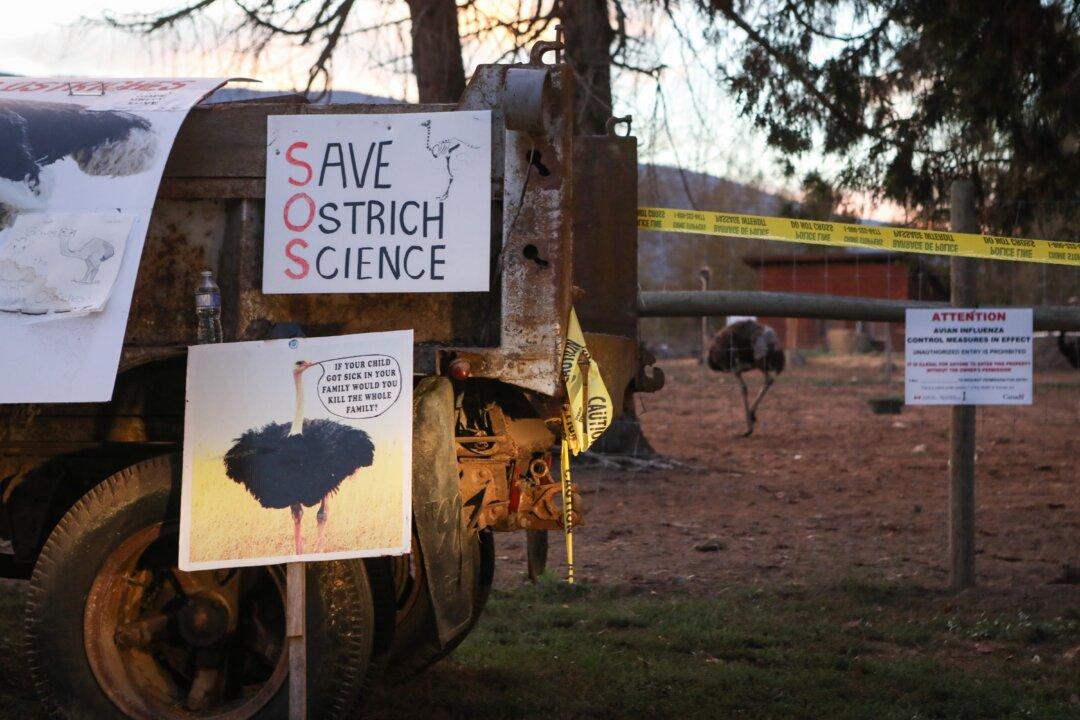The Saskatchewan government’s upcoming legislation to prohibit poppy-wearing bans on the job stems from complaints by employees who were not permitted to wear poppies in the workplace, the head of the provincial legion says.
Premier Scott Moe announced the Saskatchewan Remembrance Day Observance Act in his throne speech on Oct. 25. It was formally introduced into the Legislature on Nov. 1 and passed the same day.





